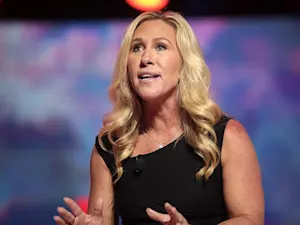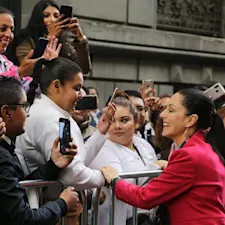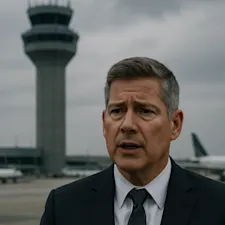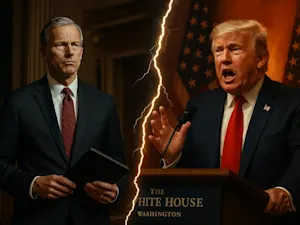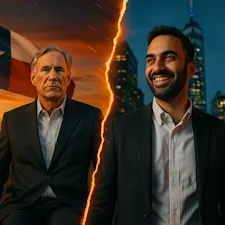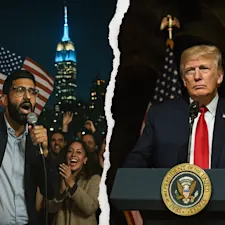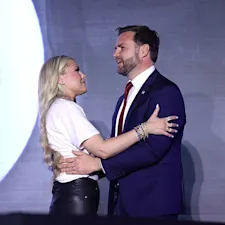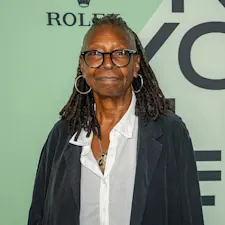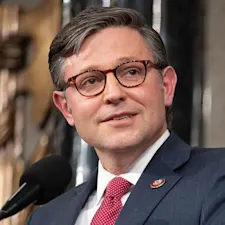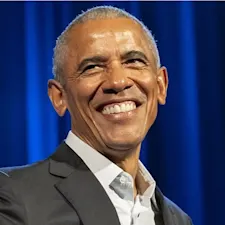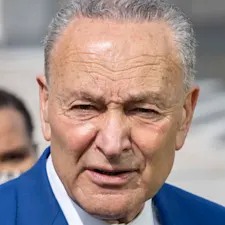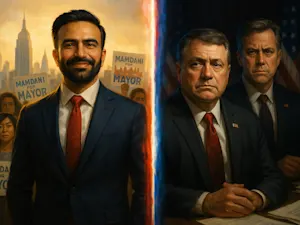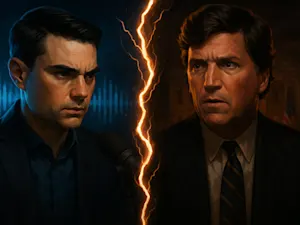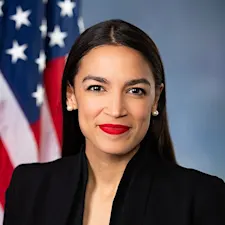
Trump's Boldest Pardons Yet Shield Key 2020 Players
President Trump holding up a presidential proclamation he signed on the first day of his second term in office, January 20, 2025. Photo courtesy of The Trump White House. Public domain.
President Donald Trump has once again made headlines by reportedly issuing a sweeping set of pardons to a group of his closest allies, including Rudy Giuliani and Mark Meadows, who played key roles in efforts to overturn the 2020 presidential election. The pardons, announced in November 2025, cover dozens of individuals accused of supporting Trump's bid to challenge Joe Biden's victory, a move that has reignited debates about loyalty, legal accountability, and the limits of presidential clemency.
A Roll Call of Trump's Inner Circle
Among those granted "full, complete and unconditional" pardons were Rudy Giuliani, Trump's former personal lawyer and one of the most vocal proponents of baseless claims of election fraud; Mark Meadows, Trump's chief of staff during the critical post-election period; John Eastman and Kenneth Chesebro, attorneys who crafted legal strategies to pressure then-Vice President Mike Pence to reject electoral votes; and Sidney Powell, a conservative lawyer who launched a series of fringe lawsuits challenging the election results, as reported by POLITICO.
The pardons also extended to dozens of Republican activists who signed false certificates claiming to be legitimate presidential electors in battleground states such as Georgia, Arizona, Wisconsin, and Nevada. These "fake electors" were charged in state courts, but presidential pardons do not apply to state-level prosecutions, leaving those legal battles ongoing, as reported by The Guardian.
Symbolic Power and Legal Limits
While the pardons cover federal offenses, none of the individuals named were ever federally charged for their roles in the election challenge. The Justice Department's special counsel, Jack Smith, had identified Giuliani, Eastman, and Powell as co-conspirators in a federal case against Trump, but charges against them were never filed, as reported by POLITICO. The pardons effectively block any future federal prosecution related to their conduct in the 2020 presidential election aftermath.
However, the legal consequences for some pardoned individuals remain severe. Giuliani, for example, has been disbarred in New York and Washington, D.C., and was ordered to pay nearly $150 million in damages to two Georgia election workers he defamed. Sidney Powell faced misdemeanor convictions in Georgia, though a Texas panel ruled these were "neither serious nor intentional," sparing her from disbarment, as reported by The Guardian. Kenneth Chesebro was disbarred in New York, and Jenna Ellis, another Trump campaign attorney who pleaded guilty to felony charges in Georgia, had her law license suspended.
Loyalty and Legal Battles
Giuliani's spokesperson, Ted Goodman, said the former mayor "never sought a pardon but is deeply grateful for President Trump's decision," as reported by The Guardian. Goodman emphasized Giuliani's belief that he was responding to "legitimate concerns of thousands of everyday Americans" following the 2020 presidential election.
Mark Meadows, who pleaded not guilty to criminal charges in Arizona related to the election interference, also received a pardon. He had unsuccessfully attempted to move a Georgia election case to federal court and was among 18 defendants indicted in that state.
The Message Behind the Pardons
The proclamation accompanying the pardons described the prosecutions of Trump's allies as "a grave national injustice perpetrated on the American people" and framed the clemency as part of "the process of national reconciliation," as reported by the Associated Press. Ed Martin, the Department of Justice's pardon attorney and former lawyer for January 6 defendants, announced the pardons on X with the phrase "No MAGA left behind," underscoring the political symbolism of the move.
Legal experts have noted that while the pardons shield these individuals from federal prosecution, they do not erase the ongoing state-level investigations and charges. The cases in Georgia, Arizona, Michigan, Wisconsin, and Nevada continue to unfold, with some defendants cooperating with prosecutors and others contesting the charges.
The Broader Context
Trump's pardons follow his earlier clemency actions, including pardoning over 1,500 individuals involved in the January 6 Capitol riot, many of whom were convicted of assaulting law enforcement officers. These moves reflect Trump's ongoing influence in shaping the narrative around the 2020 presidential election and its aftermath.
The pardons have sparked a range of reactions. Supporters view them as a defense of political loyalty and a rebuke of what they see as partisan prosecutions. Critics argue the pardons undermine accountability and send a message that political allies can evade consequences for actions that challenged democratic processes.
As state prosecutions continue, the limits of presidential pardon power and the balance between political loyalty and legal accountability remain at the forefront of national debate. The pardons highlight the ongoing tensions in American politics, where questions of justice, retribution, and reconciliation intersect in a high-stakes drama that shows no signs of fading.
References: Trump pardons Rudy Giuliani and others, official says | Trump pardons top allies who aided bid to subvert the 2020 election | Trump pardons Giuliani, Meadows and others over plot to steal 2020 election | Trump administration




